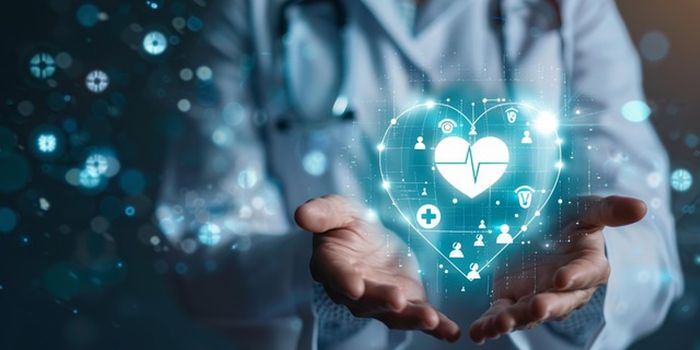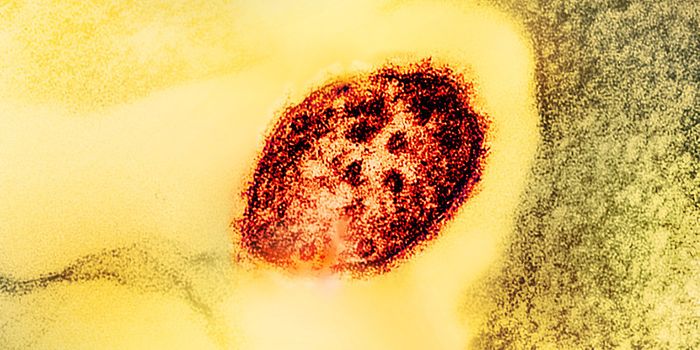In a
rare medical case, doctors determined that a man’s sudden onset of acute hepatitis – inflammation of the liver – was brought on by consuming energy drinks. In particular, the patient’s case was also remarkable in that his liver problems began in a mere three weeks during which he consumed four to five energy drinks a day.

Writing in the journal BMJ Case Reports, doctors described the patient as a 50-year-old man whose chief complaint was general malaise. He reported nausea and vomiting, and a lack of appetite.
But two things clued doctors to a liver problem. The patient complained of abdominal pain near where his liver was located. He also "developed dark urine and generalized jaundice," or yellowing of the skin. Doctors confirmed the diagnosis of acute hepatitis with blood tests and a liver biopsy.
Although the patient had a history of a chronic form of hepatitis C, doctors were perplexed at his sudden onset of liver symptoms. It wasn’t until further medical history exam that doctors learned of their patient’s recent thirst for energy drinks.
Energy drinks are loaded with sugar, caffeine, and other stimulants – designed to rev your body into overdrive. In the long list of ingredients, doctors zeroed in one ingredient that was likely the culprit in the patient’s sudden condition: vitamin B3.
The recommended daily serving of vitamin B3 is a mere 20 milligrams (mg). However, at four to five energy drinks that each contained 40-mg of vitamin B3, the patient was ingesting close to 200-mg of this molecule per day. This multiplied over the course of 3 weeks gave doctors a clear understanding of why their patient’s liver was in such bad shape.
"The liver is your body's factory - it carries out hundreds of functions that are vital to life,” said Vikas Khullar, one of the physicians who co-authored the case report. “These functions include destroying and dealing with drugs or toxins, processing food and drink once it has been digested and storing energy so that it can be used effectively. Energy drinks offer no nutritional benefit and drinking too many of them can stop the liver from doing its job properly and lead to serious problems,” he said.
The conclusions are consistent with previous studies, which found that liver toxicity occurs at high doses (greater than 500-mg) of vitamin B3. In addition, this case was eerily similar to another
documented case of acute hepatitis brought on by overconsumption of energy drinks.
With treatment and the cessation of energy drinks, the patient is reported to be recovering well. By the third day in the hospital, doctors reported his original symptoms had nearly all diminished.
But doctors caution the consumption of energy drinks. "As the energy drink market continues to rapidly expand, consumers should be aware of the potential risks of their various ingredients,” said Jennifer Harb, the study’s lead author.
Of note, sales of energy drinks like Red Bull, Monster, and 5-Hour Energy are growing, and they’re growing fast. This multibillion-dollar industry is expected to be worth over $21 billion by 2017. But with the increase in the popularity of these drinks, and the case reports such as these, maybe it’s time to reexamine the health costs of these liquid energy boosts.
Additional sources:
BBC,
Live Science
 Writing in the journal BMJ Case Reports, doctors described the patient as a 50-year-old man whose chief complaint was general malaise. He reported nausea and vomiting, and a lack of appetite.
Writing in the journal BMJ Case Reports, doctors described the patient as a 50-year-old man whose chief complaint was general malaise. He reported nausea and vomiting, and a lack of appetite.







